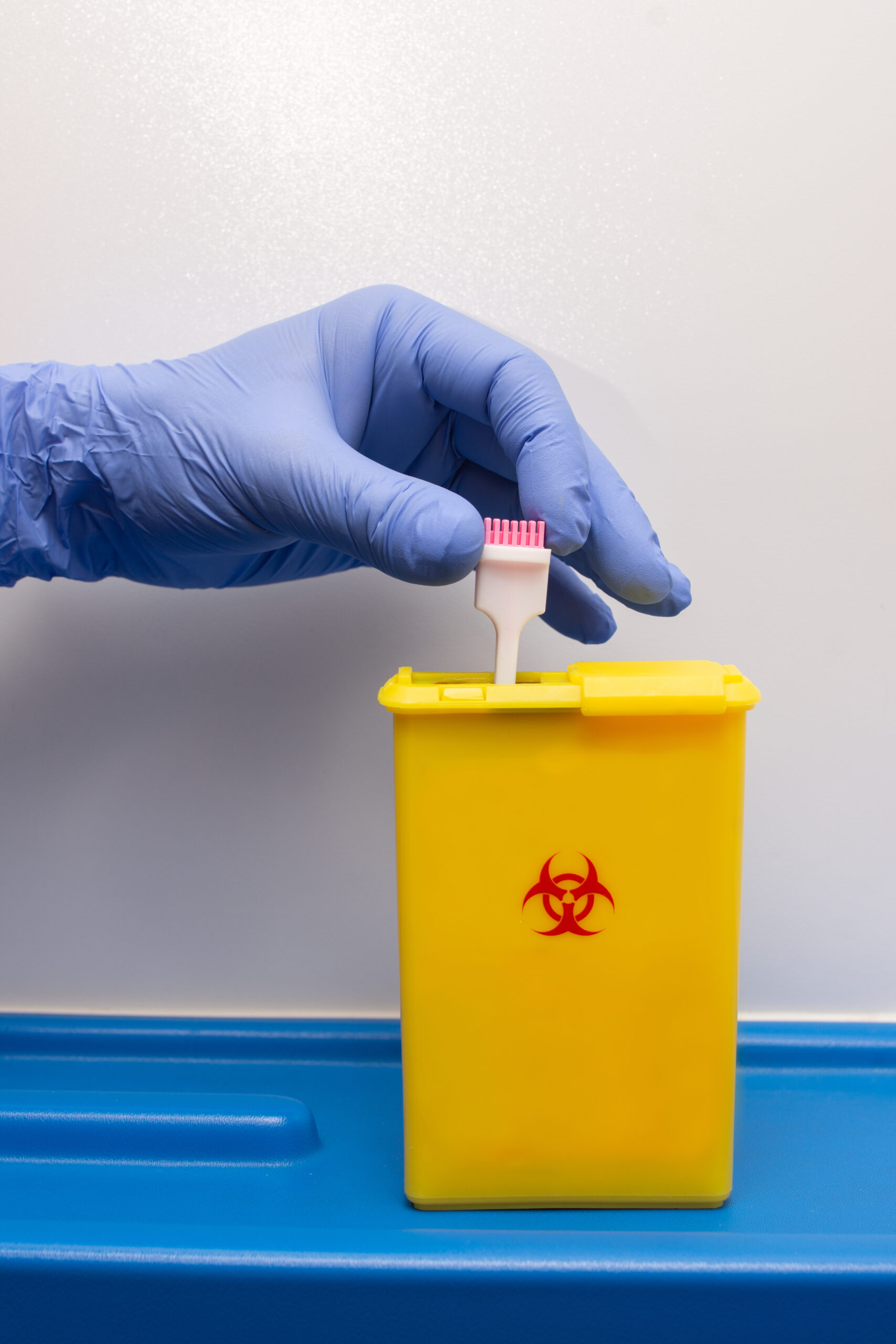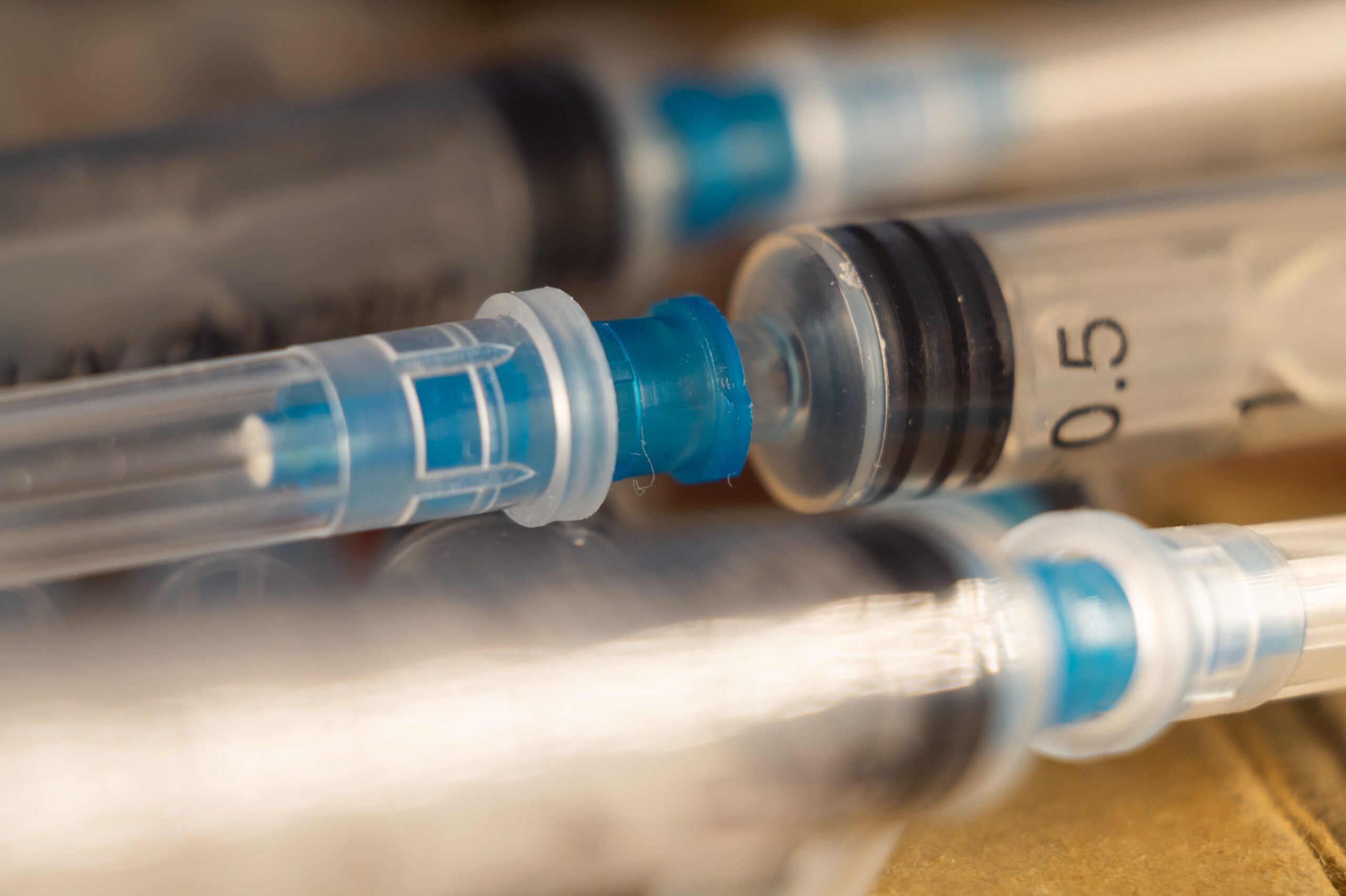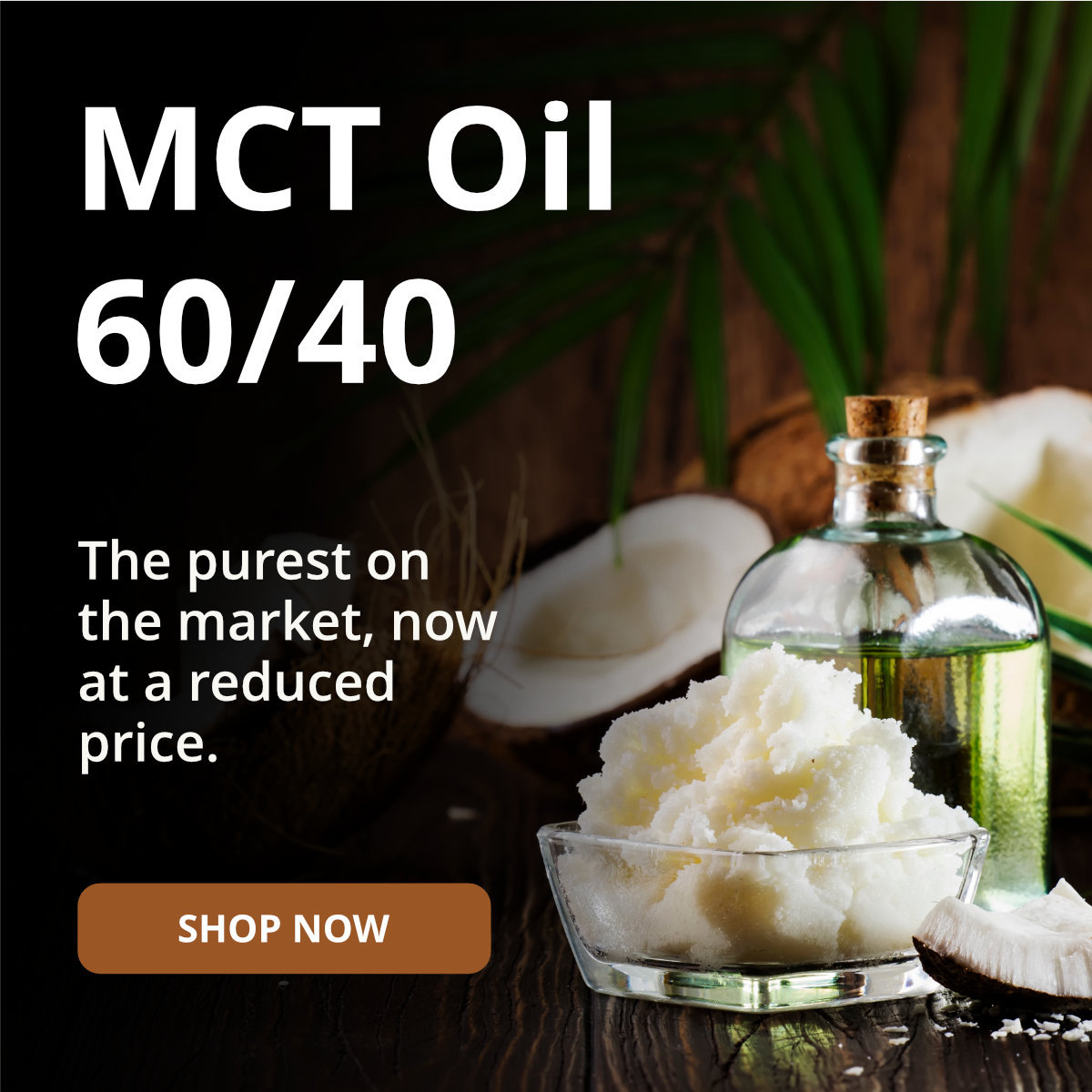On July 23, 2022, the World Health Organization declared monkeypox a global health emergency.
After living through more than two years of COVID-19, the last thing we want to think about is the possibility of another life-altering pandemic. And, as the old saying goes, "An ounce of prevention is worth a pound of cure."
What is monkeypox, exactly? How is monkeypox transmitted? Most importantly, what can you do to prevent infection and keep you and your family safe?
Keep reading as we discuss what you need to know about the virus.
What Is Monkeypox?
Monkeypox (a virus similar to but less severe than smallpox) was first identified in humans in 1970 in the Democratic Republic of Congo. Since then, sporadic outbreaks have been reported in different parts of Africa, usually associated with direct contact with infected animals (rodents, monkeys, squirrels, and rats). Before April 2022, few cases of monkeypox had ever been reported outside of central Africa. But since May 2022, thousands of cases have been reported across 50 different nations. In the United States alone, as of August 5, more than 7,500 cases have been confirmed. This has prompted the WHO to label monkeypox as an "evolving threat of moderate concern." Symptoms of monkeypox might include:- A rash that looks like pimples or blisters
- Fever
- Swollen lymph nodes
- Chills
- Muscular aches
- Headache
- Fatigue
- Sore throat
- Congestion
- Cough
How Is Monkeypox Transmitted?
The main method of transmission is through close physical contact with an infected person who displays symptoms. This includes:- Direct contact with bodily fluids, rash, or scabs (i.e., sensual massage, intimate touching, sexual intercourse)
- Prolonged face-to-face contact with an infected person (i.e., kissing)
- Direct contact with objects (i.e., bedding, clothing, sex toys) that have been contaminated by an infected person
How Can I Protect Myself?
Here are some things the CDC is recommending to protect yourself from monkeypox.Avoid Direct Physical Contact
The most obvious way to protect yourself from monkeypox is to avoid direct physical contact with an infected person. Avoid skin-to-skin contact with anyone diagnosed with monkeypox (or who displays an undiagnosed rash). This includes hugging, kissing, massaging, and all forms of sexual activity. If you choose to have intimate contact with multiple partners, ask them if they feel sick, have a rash, or are showing any other symptoms of monkeypox. It may be wise to your number of sexual partners, especially if you don't know their recent history. If you live in or travel to Africa, where the virus is endemic, avoid direct contact with rodents, primates, and other animals who may carry monkeypox. Avoid bedding, food, or other materials and objects they may have touched.Avoid Secondary Contact
Researchers have found that monkeypox can survive on surfaces for as long as 15 days. This might include:- Bedding
- Towels
- Clothing
- Sex toys
- Household surfaces
- Eating utensils and cups
Disinfection & Personal Protection
If you visit a facility or come into contact with someone who may have (or may have been exposed to) monkeypox, it's important to clean and disinfect the area. Avoid dry dusting or sweeping, as this can spread infected particles. Instead, use wet cleaning methods with an EPA-registered disinfectant such as hydrogen peroxide or Vital Oxide (chlorine dioxide) to clean countertops, switches, doorknobs, and other frequently touched items. Always follow the manufacturer's instructions with any surface disinfectants you choose to use. Also, since monkeypox can spread through respiratory droplets, be sure to wear well-fitting PPE (such as N95 or surgical masks) when in close contact with others who may have the virus. Wash your hands thoroughly with soap and water and finish with a hand sanitizer that contains at least 60% alcohol. What if, despite your best efforts, someone in your home contracts monkeypox? Follow the CDC's detailed guidelines for home disinfection to prevent the virus from spreading.Stay Safe With the Right Medical Supplies
It's too soon to know what impact monkeypox will have on our society as a whole. Until scientists learn more about the disease, your best bet is to take precautions against infection. MedLab Supply has everything you need to keep you and your family safe from monkeypox, COVID-19, and other health hazards. From face masks and gloves to hand sanitizers and disinfectants, you'll find an array of high-quality medical supplies at prices you can afford. Click here to browse our complete line of personal protective equipment and order your supplies today.Recent Posts
-
 Yesenia05/23/2025
Yesenia05/23/2025Syringe Filters-Why They Matter in Laboratory Applications
-
 Yesenia05/15/2025
Yesenia05/15/2025Proper Disposal of Used Syringes and Needles: A Complete Guide
-








